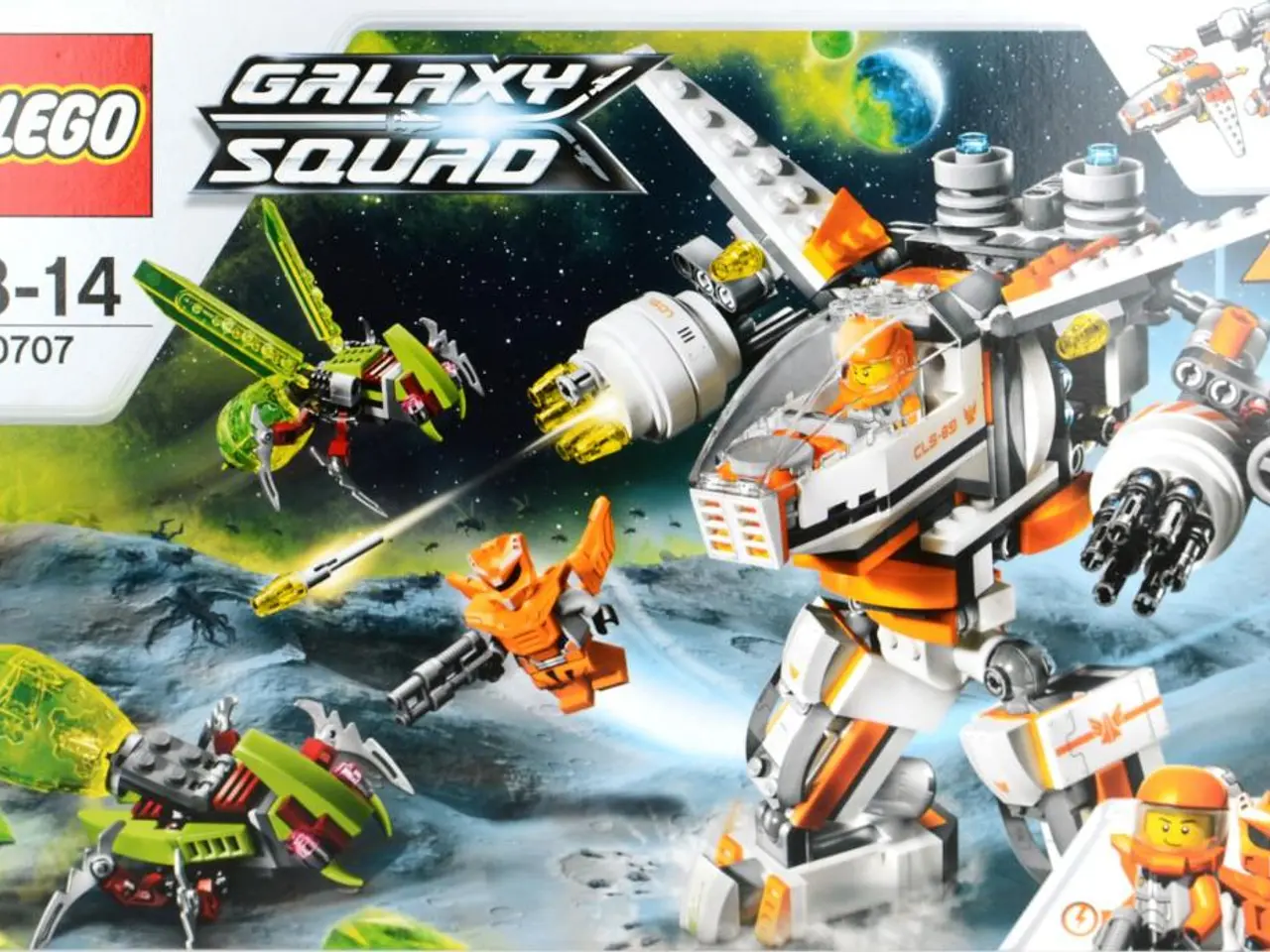Artificial Intelligence Robot Aria Assists Visitors in Las Vegas
In the vibrant city of Las Vegas, a new addition is making waves - Aria, a humanoid robot designed to enhance customer experience in tourist hotspots. Produced by Realbotix Corp., a company specializing in AI-powered humanoid robotics, Aria is poised to revolutionize the way visitors explore the city.
Andrew Shack, CEO of ticketing company Tix4, has incorporated Aria into the company's kiosks, providing a futuristic edge to their services. Aria is designed to offer personalized show and entertainment recommendations, real-time Q&A about local attractions and ticketing, and seamless customer support in a dynamic retail environment.
Realbotix CEO Andrew Kiguel emphasized the company's focus on enhancing customer engagement and supporting businesses in new ways with the deployment of Aria in a real-world business setting. Kiguel also highlighted the broader potential of the company's technology, mentioning applications in concierge desks, airport terminals, healthcare triage, and museum tours.
Aria's lifelike appearance, while impressive, has raised some eyebrows due to her shared lineage with RealDoll products. However, it is important to note that Aria is not designed for adult use.
The deployment of Aria in a real-world setting demonstrates the company's technology's ability to meet practical needs beyond entertainment and tourism. AI humanoid robots, like Aria, have diverse and expanding applications across several sectors.
In manufacturing and logistics, humanoids automate tasks such as assembling car parts, material handling, inspection, badge labeling, and large-scale production processes. In healthcare and medical fields, they perform routine health checkups, assist hospital staff, and alleviate understaffing by handling light-duty tasks.
In warehouse and delivery services, robots handle physically demanding tasks including heavy payload management and high-speed logistics operations. In home assistance and elder care, humanoid robots provide elder care, health monitoring, and basic assistance at home.
In disaster response and hazardous environments, robots like iRonCub, a jet-powered flying humanoid, are developed to operate in dangerous situations such as nuclear disaster zones, chemical spills, and collapsed buildings.
Industrial and commercial services benefit from the productivity and efficiency gains provided by these robots without replacing current robot types but complementing them to address workforce bottlenecks and labor shortages.
Continuous AI and robotics breakthroughs improve humanoids’ interaction, perception, and adaptability, expanding their potential use cases. Thus, AI humanoid robots extend well beyond entertainment and tourism into critical roles in industry, healthcare, logistics, home care, and emergency response.
While Aria's debut in Las Vegas has been met with a mix of excitement and curiosity, it is clear that the potential applications of AI humanoid robots are vast and promising. As technology continues to evolve, we can expect to see more humanoid robots like Aria making their way into our daily lives, transforming various industries and enhancing our experiences.
Some locals have reacted to the rollout of Aria with humor, with one social media commenter joking, "You know the economy is bad when the real dolls have to get second jobs." Despite the jokes, it's evident that Aria represents a significant step forward in the integration of AI and robotics into our everyday lives.







